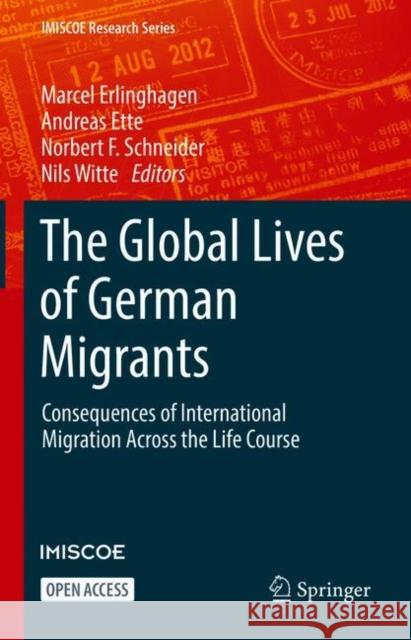The Global Lives of German Migrants: Consequences of International Migration Across the Life Course » książka
topmenu
The Global Lives of German Migrants: Consequences of International Migration Across the Life Course
ISBN-13: 9783030675004 / Angielski / Miękka / 2021 / 324 str.
The Global Lives of German Migrants: Consequences of International Migration Across the Life Course
ISBN-13: 9783030675004 / Angielski / Miękka / 2021 / 324 str.
cena 160,99
(netto: 153,32 VAT: 5%)
Najniższa cena z 30 dni: 154,18
(netto: 153,32 VAT: 5%)
Najniższa cena z 30 dni: 154,18
Termin realizacji zamówienia:
ok. 22 dni roboczych
Bez gwarancji dostawy przed świętami
ok. 22 dni roboczych
Bez gwarancji dostawy przed świętami
Darmowa dostawa!
Kategorie:
Kategorie BISAC:
Wydawca:
Springer
Seria wydawnicza:
Język:
Angielski
ISBN-13:
9783030675004
Rok wydania:
2021
Wydanie:
2021
Numer serii:
000331418
Ilość stron:
324
Waga:
0.47 kg
Wymiary:
23.39 x 15.6 x 1.8
Oprawa:
Miękka
Wolumenów:
01
Dodatkowe informacje:
Wydanie ilustrowane











